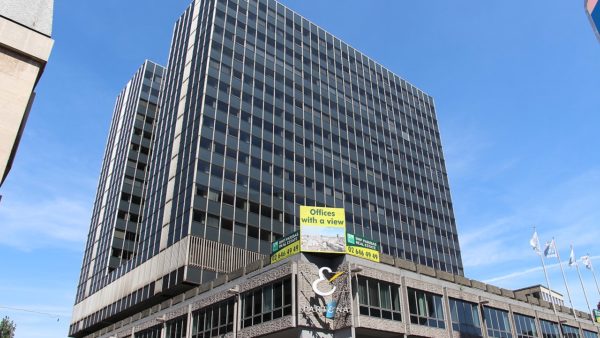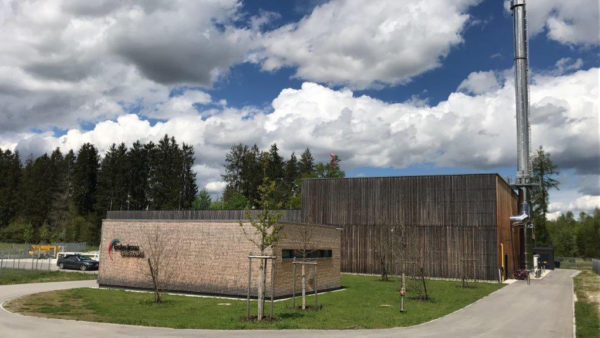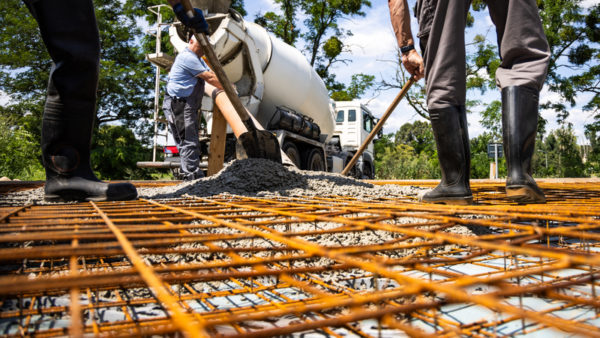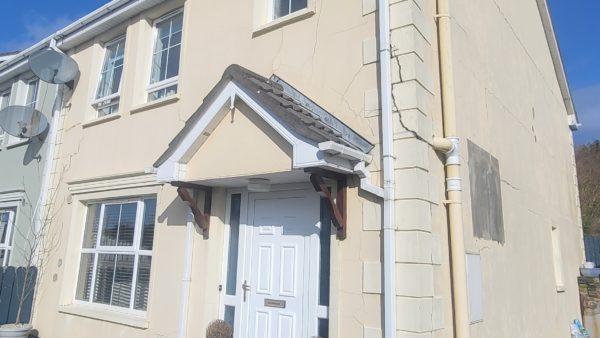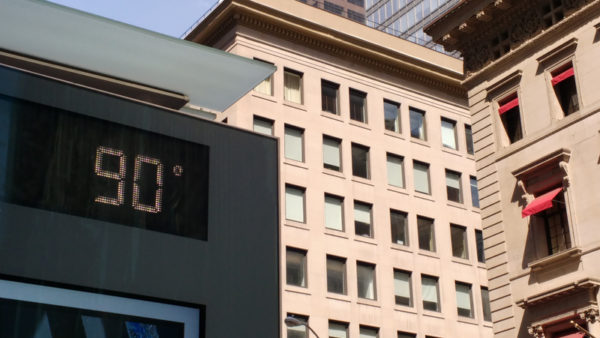Brazil may be flooded with relief after Saturday’s 3-2 cliff-hanging win over Chile, but a new dossier on injustices committed against the poor of Rio de Janeiro in preparation for the World Cup suggests it will take much more than victories on the football pitch to heal deep divisions in Brazilian society.
Since 2011 a total of 16,700 people – 4,772 families – have been removed from Rio’s crowded slums, known as favelas, with 75% of the evictions carried out to make way for projects related to the World Cup and the 2016 Olympics, the dossier claims.
Twenty-nine communities have been removed so far and 4,916 other families from 16 communities are at risk of removal, according to the Rio Popular Committee on the World Cup and Olympics (in Portuguese, the Comitê Popular da Copa e OlimpÃadas do Rio de Janeiro).
The committee’s 173-page report published this month is the third “Mega-Events and Human Rights Violations Dossier”. It argues that removals and forced evictions are the “most concerning and violent form of violations to residents’ rights” and that police “pacification” tactics represent a form of social cleansing.
It finds that removals have been concentrated in areas of “extreme real estate speculation”, including at the site for the 2016 Olympic Park, and other areas of Rio.
“In all cases,” says the report, “removals went forward without residents having access to information justifying the necessity of the removal and without any discussion of the urbanization projects with either residents or the wider community”.
The Popular Committee objects that, as established by the City Statute, “communities have the right to participate in the decision-making process with regard to government interventions in their areas.”
The dossier lists government practices that the committee says can be classified as human rights violations, including the use of threats and intimidation, refusals to guarantees adequate resettlement nearby, and a lack of resident involvement in government proposals.Â
Vibrant communities
Just under a quarter (22.03%) of Rio’s 6.3 million residents live in favelas, according to 2010 census findings, released by Brazil’s IBGE (Instituto Brasileiro de Geografia e Estatistica). And they are growing quickly as the country’s rural poor migrate to cities in search of work. The IGBE figures suggest that Rio’s favela population has grown by around 27% in 10 years, eight times the rate of population growth – 3.4% – in the “formal” or planned parts of the city.
Favelas are a feature of most Brazilian cities. Rio’s estimated favela population of 1.4 million people, who live in 763 different favelas, is only marginally bigger than Sao Paulo’s favela population of 1.28 million.
While favelas are often associated with the rule of drug gangs and a lack of basic infrastructure, advocates insist that they are also vibrant, self-governing communities that provide shelter and livelihoods for their residents where none are otherwise available. One such advocate is Dr. Theresa Williamson, founder of Rio-based think tank, Catalytic Communities. “Over the years,” she has written, “our work in Rio’s favelas has exposed us to a wide range of qualities in these communities that are typically associated with sustainable, or resilient, neighborhoods.”
The Rio Popular Committee is connected to Rio Olympics Neighborhood Watch (RioOnWatch), a programme formed in 2010 with the help of Catalytic Communities to give voice to Rio’s favela communities in the run-up to the World Cup and the 2016 Olympics. The dossier published this month follows two others, in 2012 and 2013. It was released in time for the opening World Cup match and examines violations of favela residents’ rights, as well as police favela “pacification” programmes and the purported economic benefits of the sporting events.
On favela policing, the dossier cites instances of police intimidation and arbitrary violence by the Police Pacification Unit – abbreviated as UPP in Portuguese – which was set up by the state of Rio de Janeiro to exert control over the favelas. The report lists 21 deaths caused by UPP forces between June 2011 and May 2014.
On Rio’s infrastructure projects the dossier concludes that the optimism that greeted their announcement has proved misplaced. It says many projects have gone over budget or have been abandoned, while others serve the short-term interests of developers rather than the long-term interests of Rio’s residents, especially those living in the city’s outskirts.
The dossier reflects a deep dissatisfaction in Brazil’s highly unequal society, and comes a year after widespread protests rocked the country. Those were sparked initially by hikes in public transport prices but were also used to voice anger at the money spent on staging the World Cup at a time when many Brazilians lack basic services.
The anger surprised those who thought, or hoped, that the football-loving nation would simply unite under the sport’s premier event, but the unrest continues. Police clashed with World Cup protesters Sao Paulo, Rio and several other host cities as the tournament got under way in mid-June.
Brazil’s skin-of-the-teeth victory over Chile on Saturday brought cheers from millions, but the cheers were mixed with dismay at the fact that the most successful national team in the history of the World Cup came so close to being knocked out so soon.Â
Some worry that the tension will boil over on the streets if Brazil loses this Friday’s quarter final against Colombia. And with elections scheduled for October, politicians, especially Workers’ Party President Dilma Rousseff, will worry that their handling of the World Cup – and the perceived missed opportunity to channel investment to where it matters for most Brazilians – will turn out to be a colossal own-goal.
Antônio Carlos Costa, a prominent Christian minister and social activist, summed up the mood for many when he wrote after Saturday’s game: “We must respect the feelings of the millions who cheer. No one has the right to feel morally or intellectually superior to those who cheer for Brazil’s victory in the World Cup.
“It is our duty, however, not to allow victory to leave us blind to the lessons that this World Cup wants to teach us. There has been injustice and exploitation. The social consciousness of millions of Brazilians has been wounded.”
• For a summary of the Popular Committee’s dossier in English, and for access to the original document in Portuguese, click here






